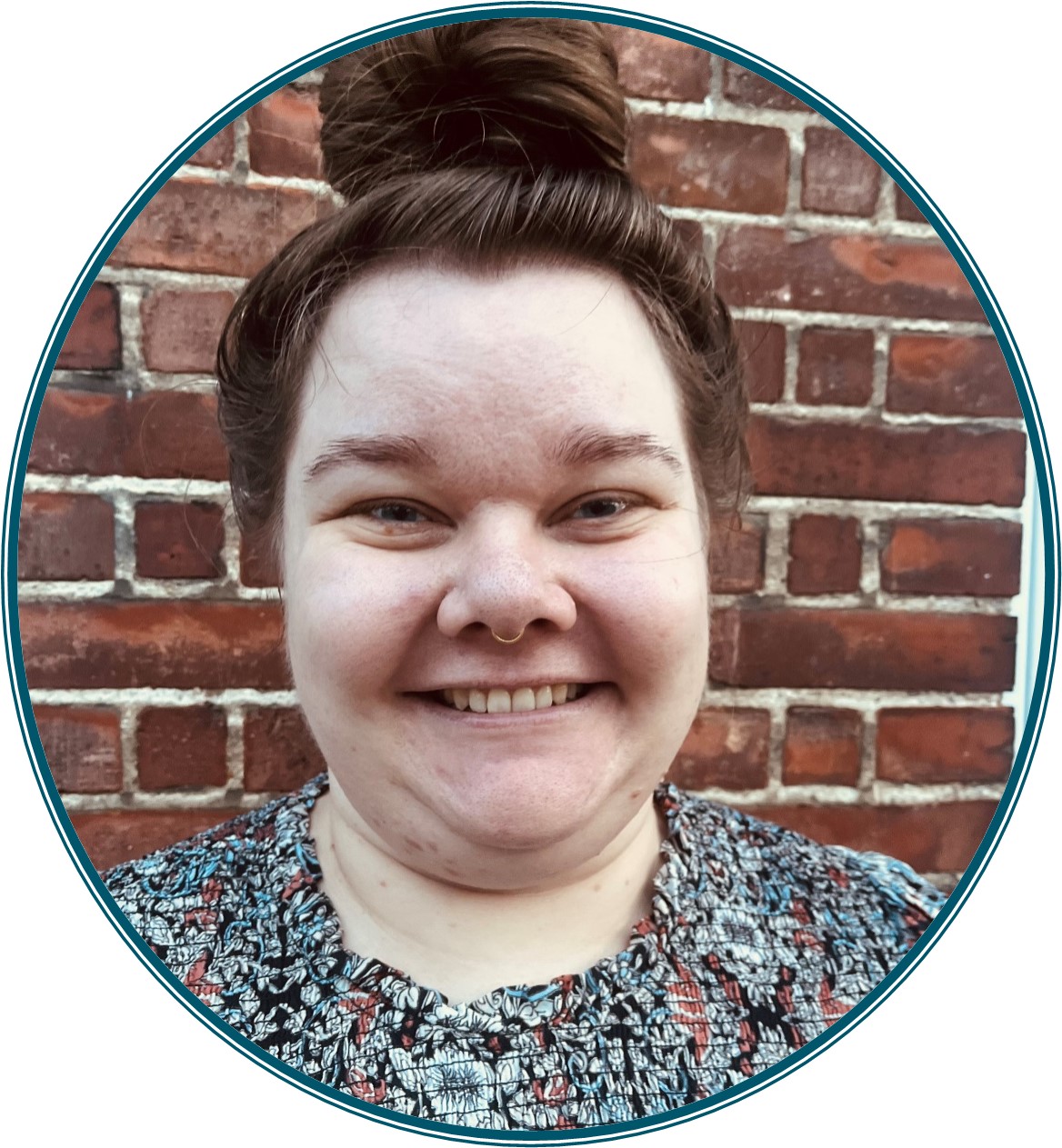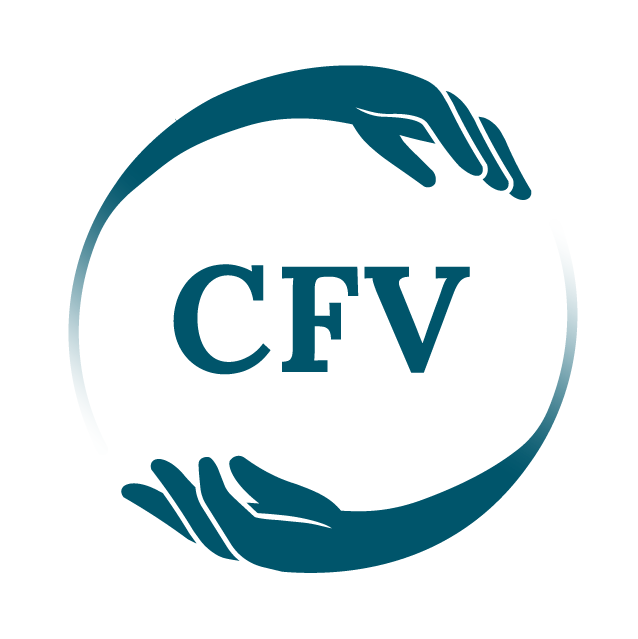CFV – Funen
Who are we?
We are a group of volunteers who work to prevent violence and spread the word about violence in society.
What are we doing?
We make e.g. group courses for adults who have been exposed to violence, courses for professionals and activists who work with violence. Among other things, we have participated in Odense Pride and also hold group courses.
Become a volunteer!
Come and become a volunteer with us, and help people who have been exposed to violence. You can write to the manager of CFV Fyn, Stine Ramussen at: svr@talomvold.dk
Behind CFV-Fyn
The Center for Violence Prevention's local branch in Odense started small in the summer of 2023, when committed volunteer feminists reached out and shed light on a need for violence prevention efforts on Funen. And in September 2023, the local branch CFV Fyn officially became a reality.
We are a local anchor of the organization in Odense and on Funen in the same way as our sister department in the North is in Aalborg. This means that we engage locally through sparring and collaboration with relevant local associations and stakeholders as well as efforts for local target groups and dissemination of violence prevention knowledge in Funen.
The department is led by Stine Rasmussen, who is the project coordinator at the Tal om Vold effort in Odense and is responsible for the operation of the local department and the cooperation with the skilled volunteers who are attached.
Finally, reach out if you want to get involved in the violence prevention work in Odense and on Funen, or if you just need a chat over a good cup of coffee or tea. Stine can be contacted at: svr@talomvold.dk or tel. 93 93 85 47
Interview with Stine Rasmussen, head of CFV-Fyn

Stine, Head of CFV Fyn
Tel: 93 93 85 47
Mail: svr@talomvold.dk
Tell us a little about who you are, what is your name and how old are you?
My name is Stine, and I am 31 years old. I have a master's degree in religious studies and psychology now, and live in Odense. And then I am the leader of CFV-Fyn
Why are you part of CFV?
I am part of CFV because I really like the intersectional look and approach on which all work in the organization is based. And because I think CFV has a unique approach that makes it possible to talk about violence outside the therapy room, so that even more people can benefit from it. Both from that knowledge, but also from the community that exists in the group courses. And I think that is a rather unique approach.
What would you like to achieve here at CFV?
To spread knowledge about violence as a phenomenon and violence prevention in general. I would like to contribute to the agenda of getting it integrated as part of the primary school and other educational institutions. And then of course to have a positive, healing impact and effect on the people who participate in the group courses and have an experience of violence that they can take with them further.
Why do you think CFV's group courses are so important? What is it that they can do?
The group courses in CFV are something special in that their entire purpose is to form a community where, together with experience traps, you have the opportunity to put into words some things that the participants often have not put into words with their other relationships in their life that they may find difficult.
If you were to say like one thing you're involved in that you're particularly proud to be a part of making right now. So what should it be?
What I am most proud to be a part of is being a part of people's healing. And be allowed to be let into their vulnerabilities and stories. To be a part of their path to healing and their story.
Is there some experience in the courses that has stuck in your memory?
There are two things I noticed in particular that I remember. The first is the experience of how quickly the participants become comfortable with each other and the space, and start sharing vulnerable things very quickly. The second is the experience of when you have had several meetings to experience how they start to use that language and those words, and the way they tell their story. They already integrate the vocabulary and the way of seeing violence, just in one or two sessions. And see how it becomes an integral part of their story, which they have to convey themselves. It's crazy to see, everything we tell just sow seeds with them in practice.
Now if we are talking a utopian world, what do you dream of achieving?
Well, the ultimate goal is that we are no longer needed. That we get a society where everyone agrees and agrees that violence will not be tolerated. So we, through a few generations, start to have some children and a generation that has been brought up so that it cannot come up at all. Yes, that would be the dream.
How do I stand out here on Funen in relation to the main department and, so to speak, also the Nord department?
We stand out in that Funen and especially Odense are a bit of a melting pot, because it is also a large educational city with the university, so there are people who come from many different places, who then gather here. I also think that my contribution to making it a little different is that I already have some grounding in the association environment in Odense, which can give me slightly different types of collaborations and relationships.
When you look at it, why is it that we still have violence in society today?
A large part of the core of that work is to spread a view of violence as a structural systemic problem, and to look at the practices and ways we have set up our society that legitimize violence. Because it is the type of discrimination that seeps into other layers of society and gives people the perception that it is okay to use violence. Or can lead people to use violence. So looking at the very large structures, which are completely intersectional.

